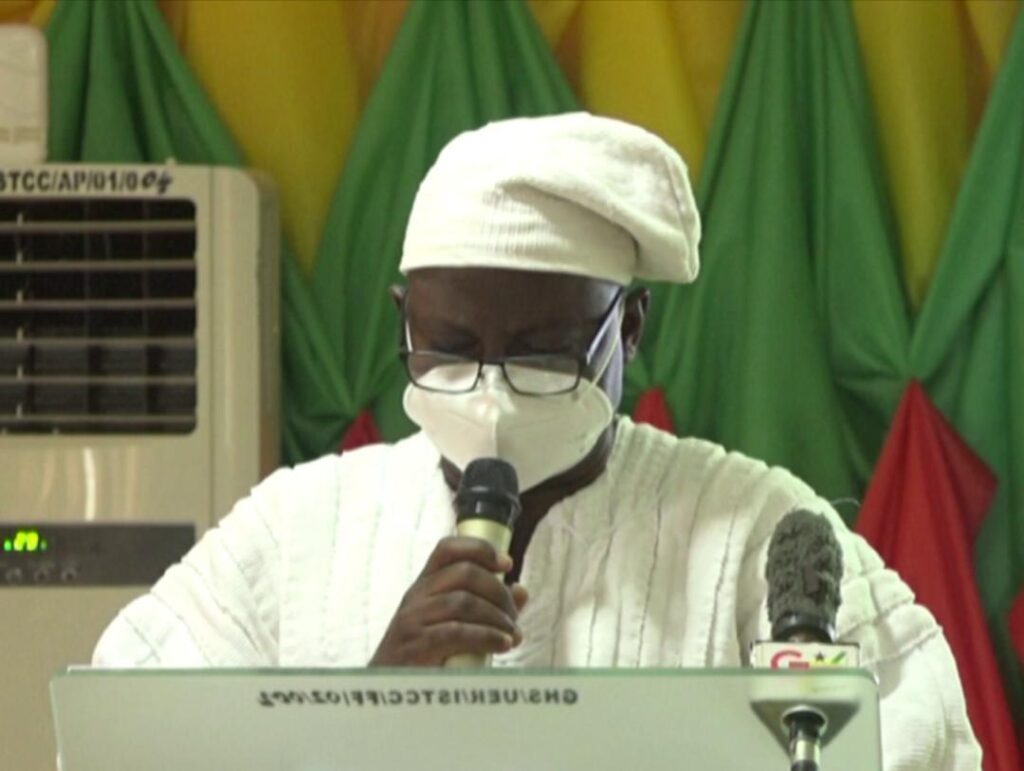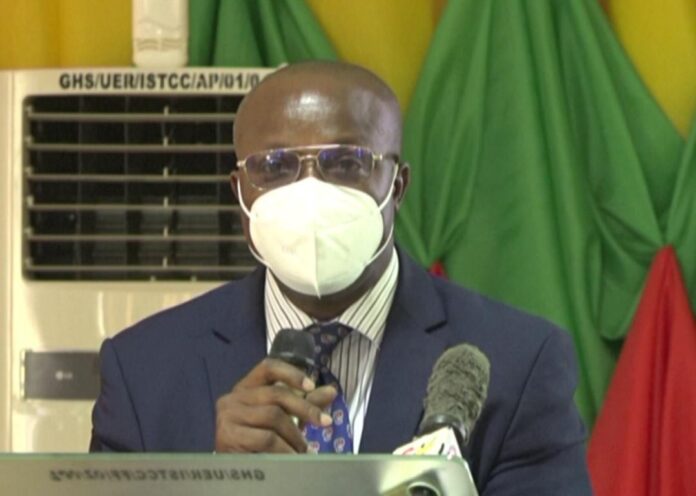The Upper East Regional Health Directorate says complications in pregnancy aside from human resource constraints continue to hamper the quality of health service delivery, thus accounting for the increasing maternal mortality rate in the region.
Performance indicators in the year under review have exposed the vulnerability of the sector in terms of maternal deaths which is on the increase.
The region in 2021 recorded 43 deaths representing 98 per 100,000 lives births as compared to 31 and 36 maternal deaths recorded in 2019 and 2020 respectively.
The Regional Director of Health Services, Dr. Emmanuel Dzotsi who disclosed this at the 2021 Annual Health Performance Review Meeting in Bolgatanga, said in spite of the region’s performance in key areas, maternal health delivery still requires a more systematic approach to improving quality and best outcomes.
Sustainable Development Goal 3 highlights the global call for action to reduce maternal mortality and morbidity ratio to less than 70 per 100,000 live births by 2030.

Available statistics have shown that 75 percent of maternal deaths occur as a result of complications due to pregnancy and childbirth.
In Ghana, the pace of decline in maternal mortality has been slow and this has contributed to the country’s inability to attain the millennium development goal targets of 190 per 100,000 live births in 2015.
Per the 2021 regional assessment report, the Upper East Region chalked appreciable milestone in the performance of key indicators including public health, clinical care, and general administration.
Despite the elevation from a moderately performing region in 2020 to a high-performing region in 2021, the region is faced with increased maternal mortality.
The region in 2019 and 2020 recorded 31 and 36 maternal deaths respectively with 2021 witnessing a worrying fatality of 43. Efforts at improving maternal health outcomes, however, took centre stage at this year’s Annual Health Performance Review of the region.
At the opening of the 2-day session, the Regional Director of Health Services, Dr. Emmanuel Dzotsi outlined some adoption of strategies needed to reduce and zero the trend of maternal mortality in the region in the face of challenges such as inadequate human resources.
Touching on the theme: “Harnessing the Contribution of All Stakeholders in Reducing the Occurrences of Maternal Deaths in Upper East, the Regional Minister, Stephen Yakubu, who represented as the guest speaker said Ghana stands at a crossroad in her quest towards the attainment of the SDG 3.
He called on stakeholders in the health sector particularly NGOs and other donor partners to complement the government’s effort at strengthening the health delivery system in rural communities.
There were fraternal messages and comments from various health partners including a message from the Director-General of the Ghana Health Services, Dr. Patrick Kumah Aboagye who shared with participants Ghana’s roadmap to attaining the universal health targets in the face of the covid-19 pandemic.
The Council Chair of the GHS, Dr. Sefa Badiako for his part, assured the counsel’s resolve to strengthen all structures under the sector and work to improve on its human resource base.
The 2021 review meeting to assess the region’s performance in the period under review, share challenges and experiences, and also re-strategize to secure better health outcomes with a focus on maternal health.
It brought together, district directors, health staff, and managers as well as administrators and high-ranking officials from the GHS including stakeholders and partners in the health sector.








































